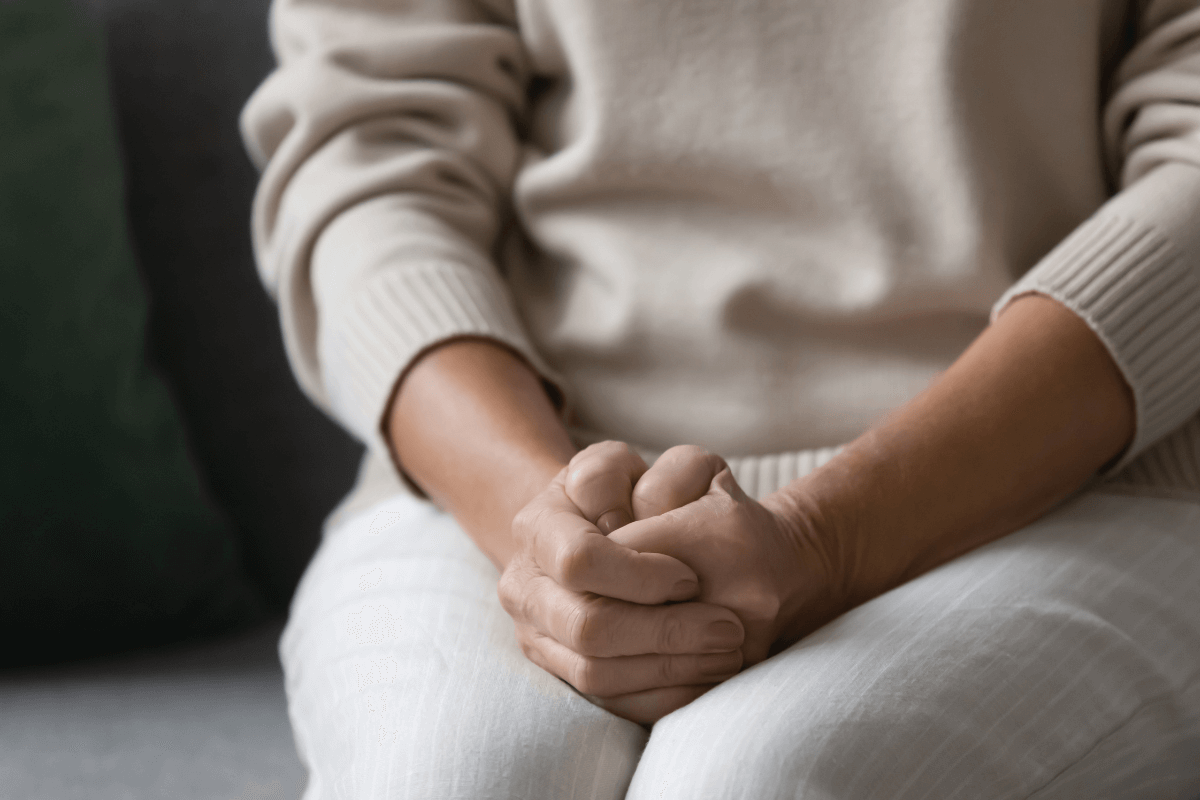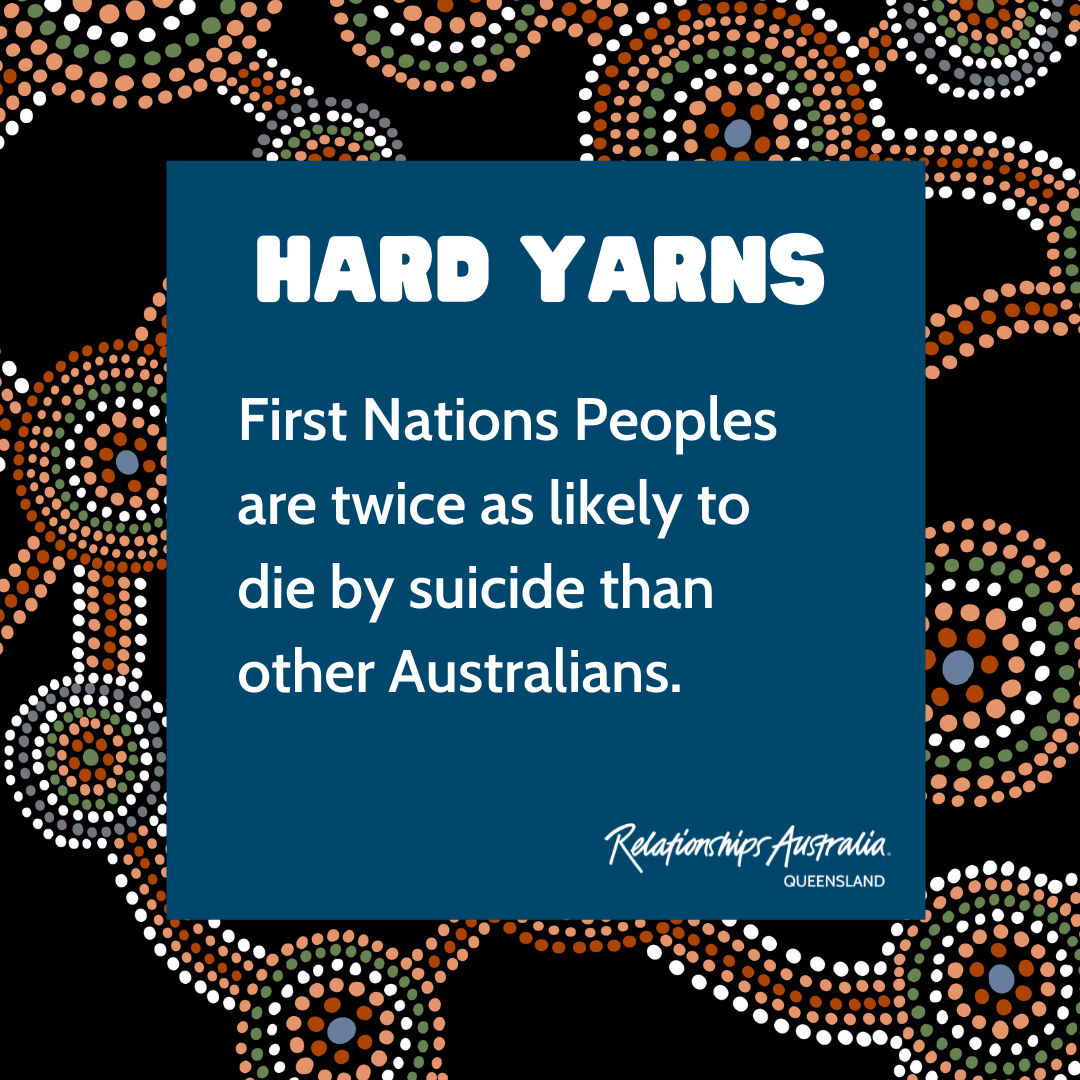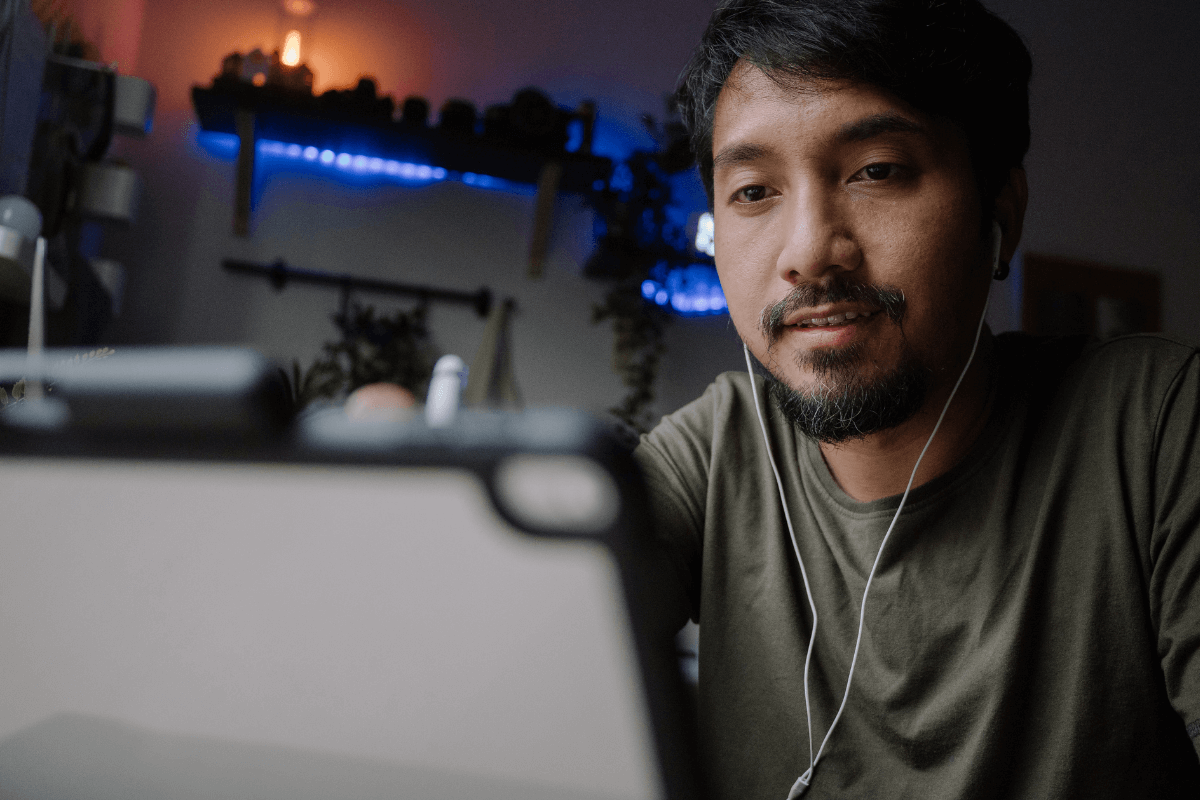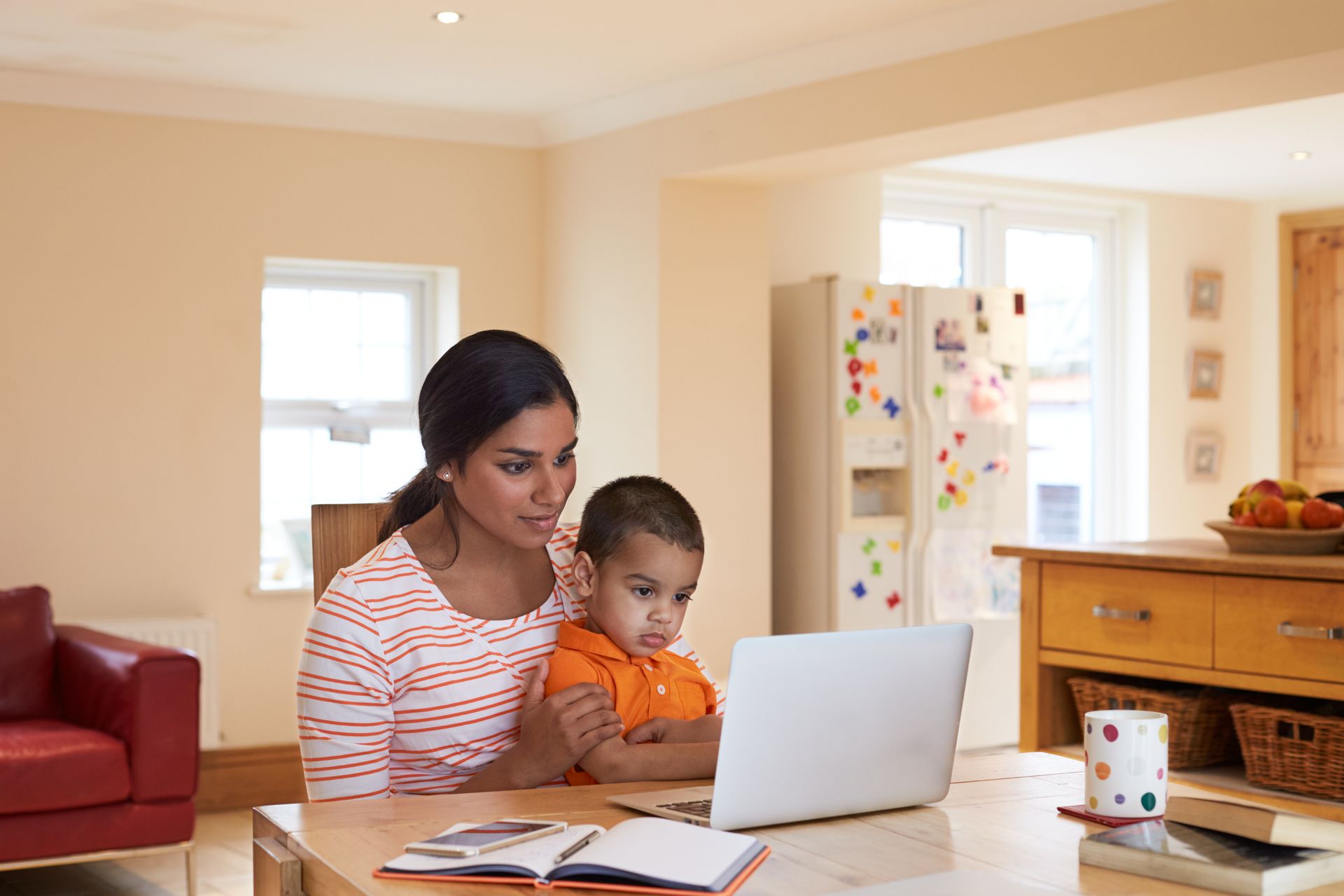Everyone feels stressed and anxious from time to time.
Stress and anxiety are both part of the body’s “fight or flight” response, and normal reactions to worrying or threatening situations.
They can even be helpful motivators to do things you don’t want to do, like finish that assignment or work presentation on time.
Stress and anxiety share many symptoms, and this can make it hard to tell whether you’re simply stressed out or suffering from anxiety. When left unmanaged, an anxiety disorder can impact your everyday life and your mental and physical health.
This blog post is intended to help you understand the symptoms of stress and anxiety so you can better identify and manage them – and know when it may be time to seek help.
As always, we recommend you visit a mental health professional for advice regarding your individual situation and any potential diagnoses or treatment plan.
Is it stress or anxiety?
Given stress and anxiety are part of the same natural “fight or flight” reaction, they share many symptoms.
These are just some of the common symptoms of stress and anxiety. Stress and anxiety can manifest in different ways for different people.
When someone is stressed, they may experience:
- Faster heartbeat
- Faster breathing
- Anxious thoughts
- Moodiness, irritability, or anger
- General unhappiness
- A feeling of being overwhelmed
- Loneliness
- Nausea
- Dizziness
- Diarrhea or constipation.
When someone is anxious, they may experience:
- Faster heartbeat
- Faster breathing
- A feeling of unease or dread
- Sweating
- Diarrhea or constipation
- Nervousness
- Tenseness
- Restlessness.
Two of the key differences between stress and anxiety are how these feelings are brought on and how long they last.
Stress is generally short-term and in direct response to a recognised threat or trigger. Once that stressful situation or event is resolved, in most cases, so is the stress.
Anxiety involves more than temporary worry or fear. It often doesn’t have an identifiable trigger, and it can linger.
If you can tie your feelings back to a specific trigger or situation, they’re likely the result of stress. But if the exact cause isn’t clear, or your symptoms hang around after the initial trigger or stressful situation is resolved, it could be anxiety.
We explore some of the specific types of anxiety in this blog post.
How to Manage Stress and Anxiety
It’s normal to feel stressed or anxious throughout your life. It can help to recognise how your body responds to stressful situations so you can find the most effective management strategies for you.
Some common techniques to manage and reduce stress and anxiety include:
- Limiting caffeine and alcohol intake
- Getting enough sleep
- Regular exercise
- Meditation
- Journaling
- Dedicating time to hobbies and activities that bring you joy
- Breathing exercises
- Confiding in someone you trust about how you feel.
If you need someone to talk to, our counsellors offer a safe space to explore your thoughts and feelings and find ways to cope.
You can learn more about our counselling service here, or call 1300 364 277 to make an appointment.








